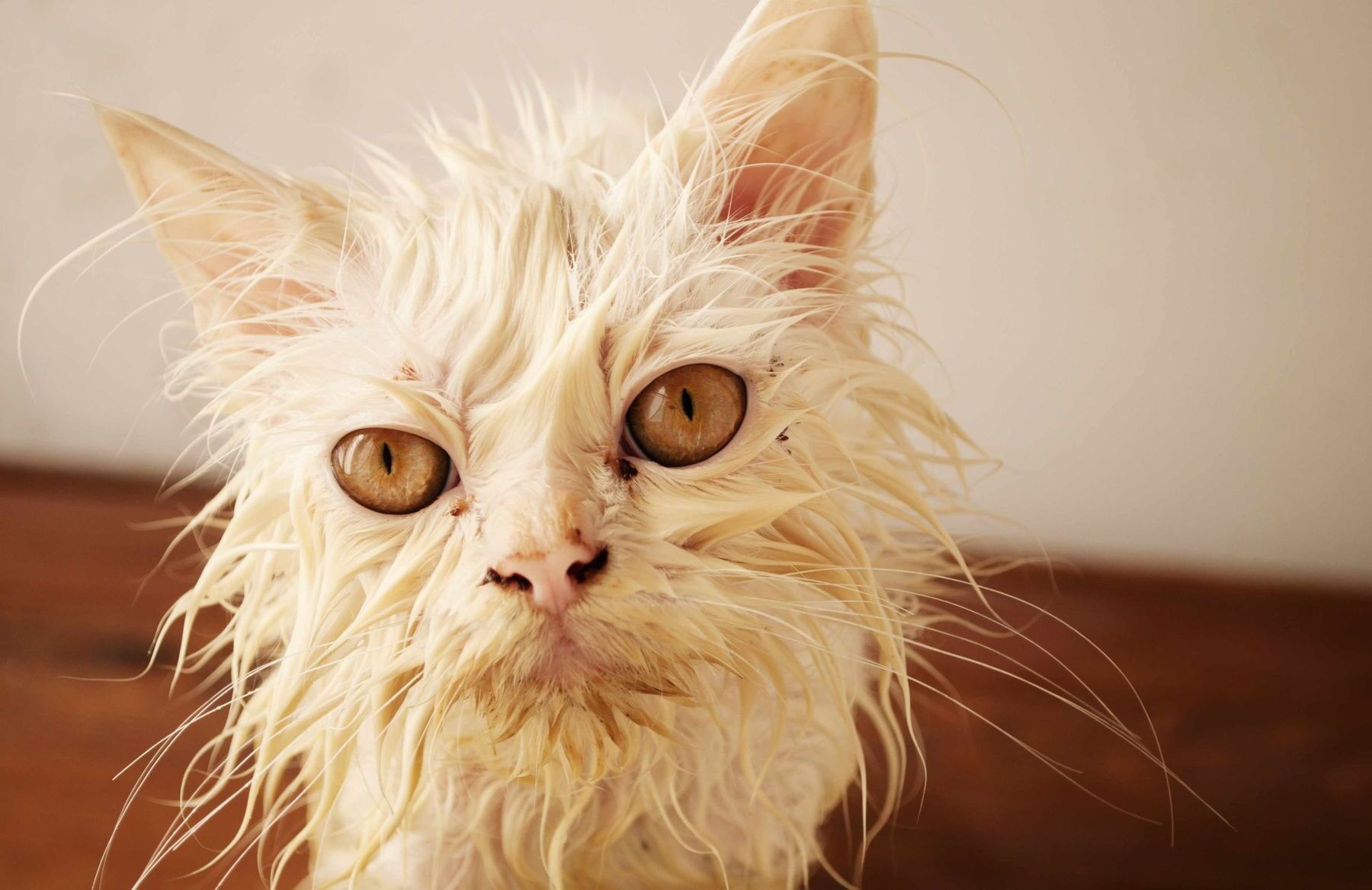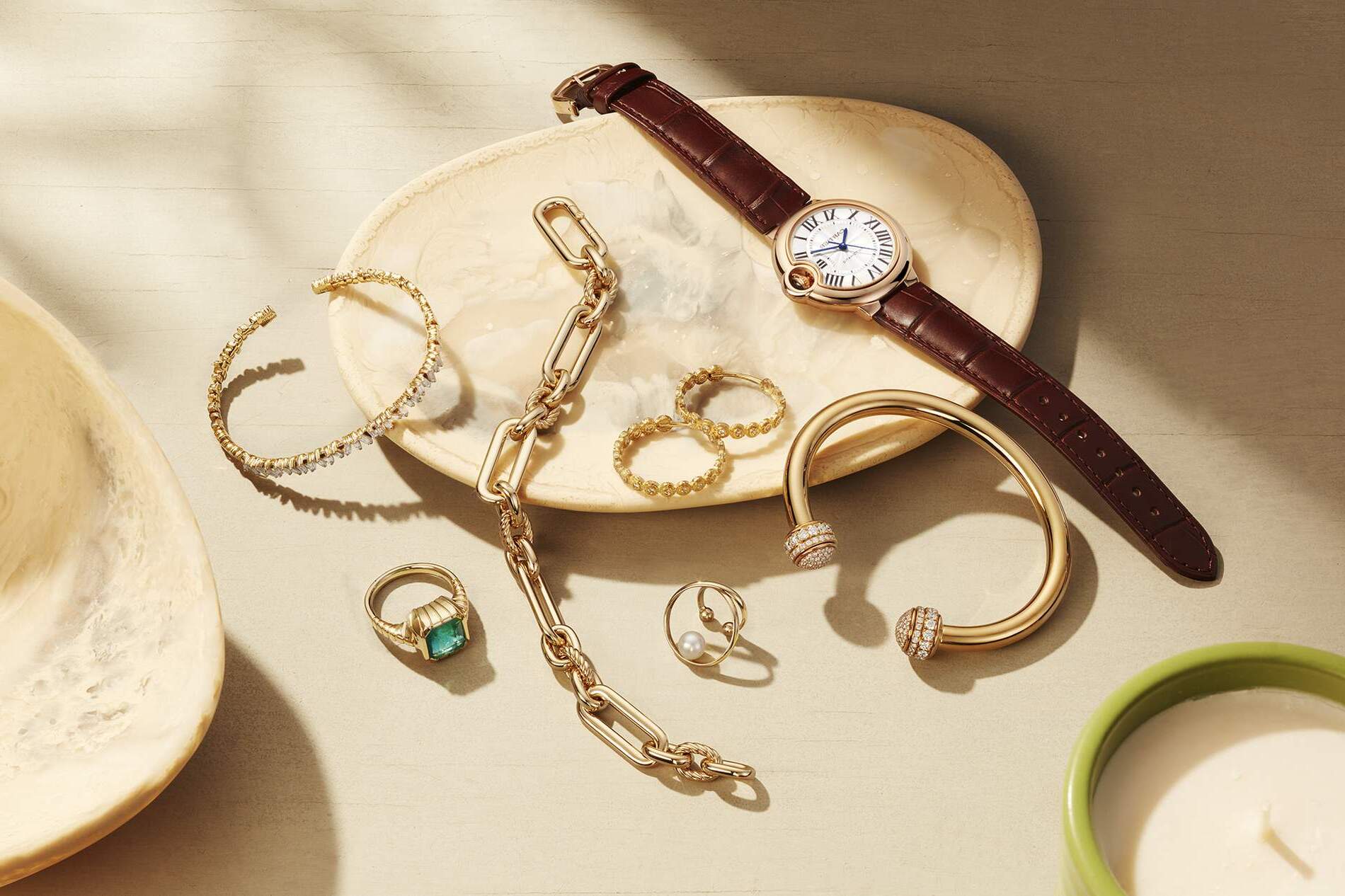
Are you ready to meet some of the most unique felines on the planet? While many adore fluffy, wide-eyed kitties, there's a special charm in those less traditionally beautiful. These cats might not win beauty contests, but they certainly capture hearts with their quirky looks and endearing personalities. From the hairless Sphynx to the wrinkled Peterbald, these cats prove that beauty is in the eye of the beholder. Ugliest cats might sound harsh, but these kitties wear their unusual features with pride. Join us as we explore 35 fascinating facts about these extraordinary cats, celebrating their distinctiveness and the joy they bring to their owners.
Key Takeaways:
- Embrace the Uniqueness: "Ugly" cats may have unconventional looks, but they often have endearing personalities and can make wonderful companions with proper care and attention.
- Special Care for Special Cats: Hairless and uniquely featured cats require extra grooming, regular vet check-ups, and a warm environment to thrive and stay healthy.
What Makes a Cat "Ugly"?
Beauty is subjective, but some cats have unique features that many might find less appealing. These characteristics often make them stand out in the feline world.
- The Sphynx cat is hairless, giving it a wrinkled, almost alien-like appearance.
- The Peterbald cat has a narrow head and large ears, making it look quite different from the average cat.
- The Lykoi cat, also known as the "werewolf cat," has patchy fur and a wild look.
- The Donskoy cat, another hairless breed, has loose, wrinkled skin that some find unattractive.
- The Elf cat, a cross between the Sphynx and American Curl, has curled ears and a hairless body.
Unique Features of "Ugly" Cats
These cats have distinct features that set them apart. Their unusual looks often come with interesting traits and histories.
- The Cornish Rex has a curly coat that can look messy and unkempt.
- The Devon Rex has large eyes and ears, giving it a somewhat cartoonish appearance.
- The Ukrainian Levkoy has inward-folding ears and a hairless body.
- The Munchkin cat has very short legs, which can make its body look disproportionate.
- The Scottish Fold has folded ears that give it a perpetually surprised look.
Health Issues in "Ugly" Cats
Some of these unique features come with health challenges. It's important to understand these issues if you own or plan to adopt one of these cats.
- Sphynx cats are prone to skin conditions due to their lack of fur.
- Munchkin cats can suffer from spinal problems because of their short legs.
- Scottish Folds often have cartilage issues that affect their ears and joints.
- Devon Rex cats can have genetic disorders that affect their muscles.
- Lykoi cats may experience hair loss and skin issues.
Personality Traits of "Ugly" Cats
Despite their looks, these cats often have wonderful personalities. Many owners find their unique appearances endearing.
- Sphynx cats are known for being affectionate and social.
- Peterbald cats are active and playful, making them great companions.
- Lykoi cats are curious and intelligent, often behaving more like dogs than cats.
- Donskoy cats are friendly and enjoy human interaction.
- Elf cats are known for their loyalty and loving nature.
Famous "Ugly" Cats
Some of these cats have gained fame due to their unique looks. They have become internet sensations and beloved pets.
- "Mr. Bigglesworth" from the Austin Powers movies is a famous Sphynx cat.
- "Wilfred Warrior," an Instagram star, is known for his unusual appearance.
- "Loki the Sphynx" has a large following on social media due to his grumpy expression.
- "Xherdan the Naked Cat" is famous for his wrinkled, hairless body.
- "Grumpy Cat," although not traditionally ugly, had a unique face that made her famous.
Myths and Misconceptions
There are many myths about these cats that need debunking. Understanding the truth can help potential owners make informed decisions.
- Not all hairless cats are hypoallergenic; they can still cause allergies.
- Ugly cats are not less healthy than other cats; they just have different needs.
- These cats are not less affectionate; many are very loving and social.
- Ugly cats do not require less grooming; some need more care due to their unique features.
- These cats are not harder to train; they can be just as trainable as any other breed.
Adoption and Care Tips
If you're considering adopting one of these unique cats, there are some things you should know to provide the best care.
- Regular vet check-ups are crucial to monitor their health.
- Special grooming routines may be needed, especially for hairless breeds.
- A balanced diet is important to maintain their health and skin condition.
- Providing a warm environment is essential for hairless cats, as they can get cold easily.
- Social interaction and mental stimulation are important for their well-being.
Embracing Unique Feline Beauty
Ugliest cats might not win beauty contests, but they sure win hearts. These quirky felines, with their unique features and personalities, remind us that beauty is subjective. From the hairless Sphynx to the wrinkled Peterbald, each cat has its own charm. They might look different, but their love and companionship are just as strong as any other cat. Next time you see an "ugly" cat, remember that their appearance doesn't define their worth. These cats often have the most loving and loyal personalities. So, if you're considering adopting a cat, don't overlook these unique beauties. They might just surprise you with their incredible charm and affection. Embrace the unconventional and find joy in the unexpected. After all, it's the quirks that make life interesting.
Frequently Asked Questions
Was this page helpful?
Our commitment to delivering trustworthy and engaging content is at the heart of what we do. Each fact on our site is contributed by real users like you, bringing a wealth of diverse insights and information. To ensure the highest standards of accuracy and reliability, our dedicated editors meticulously review each submission. This process guarantees that the facts we share are not only fascinating but also credible. Trust in our commitment to quality and authenticity as you explore and learn with us.


